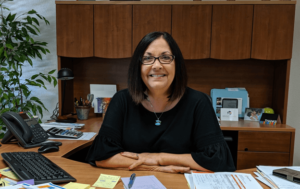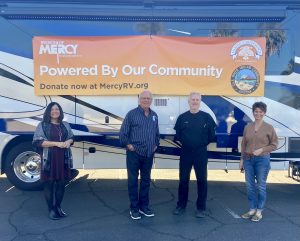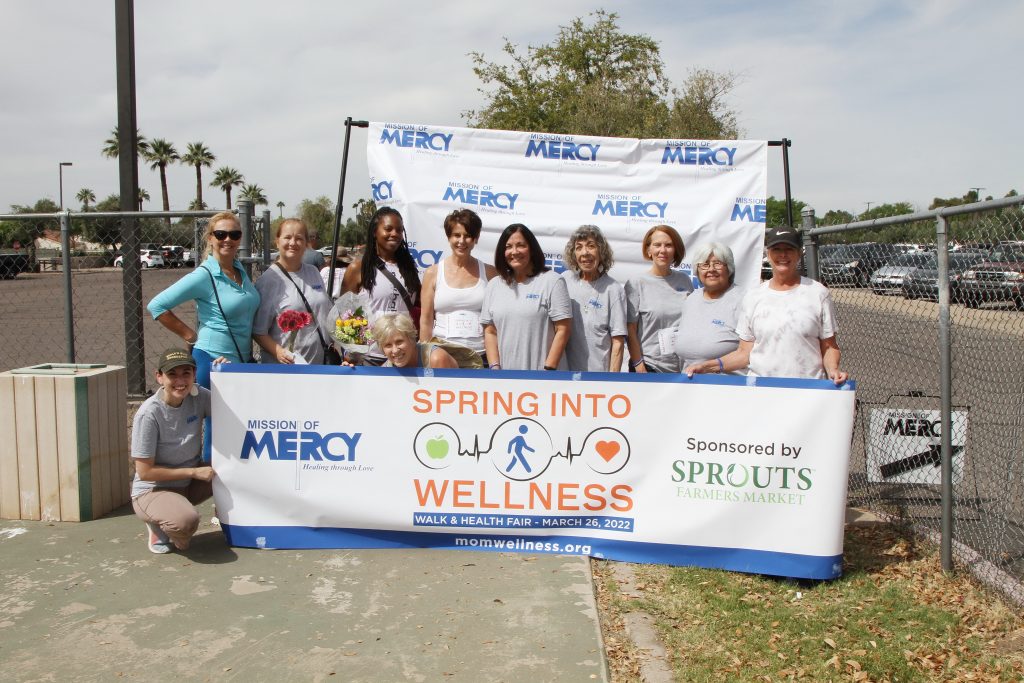
We are pleased to announce the first issue of The Script, the new bi-monthly e-newsletter from the Mission of Mercy Arizona program! Beginning today, and every other month hereafter, we will send you interesting news, inspirational stories and opportunities for you to become more involved in our day-to-day operations. To stay informed on all that’s new, please click HERE to sign up!
As a preview, I’d like to share a few highlights from the past year as well as a little glimpse of the year to come. To start, we hired a new national Chief Executive Officer, Tony Banegas, who will be working out of our Arizona office, as well as a new Director of Development for our Arizona program, Blaine King. We are thrilled to welcome both of them to our team.
Our seventh clinic site was launched near downtown Chandler in March 2018 just over a year ago! We are currently serving an average of 40 patients per clinic day in Chandler. We also anticipate opening an expansion clinic in Gilbert in January 2020. Throughout the year, we’ll update you on the necessary fundraising and planning efforts to make the Gilbert clinic a reality.
In the months ahead, we’ll share our efforts to build new partnerships, enhance our volunteer program, and develop a planned giving and endowment program to support sustainability of our medical clinics. And along the way, we’ll share stories of hope, healing and joy.
As we wind down the current fiscal year, we look forward to 2019-20 with excitement, renewed energy, and a strong commitment to building a resilient and sustainable mobile medical program to meet the primary healthcare needs of uninsured and underinsured families across Maricopa County.
Your generosity has brought vital healthcare services and prescription medications to well over 3,000 patients in the past 11 months! We look forward to your continued support as we work to restore dignity, empower our patients toward better health, and strengthen our communities by caring for those who are most vulnerable and without access to care.
With gratitude,
Paula Carvalho



